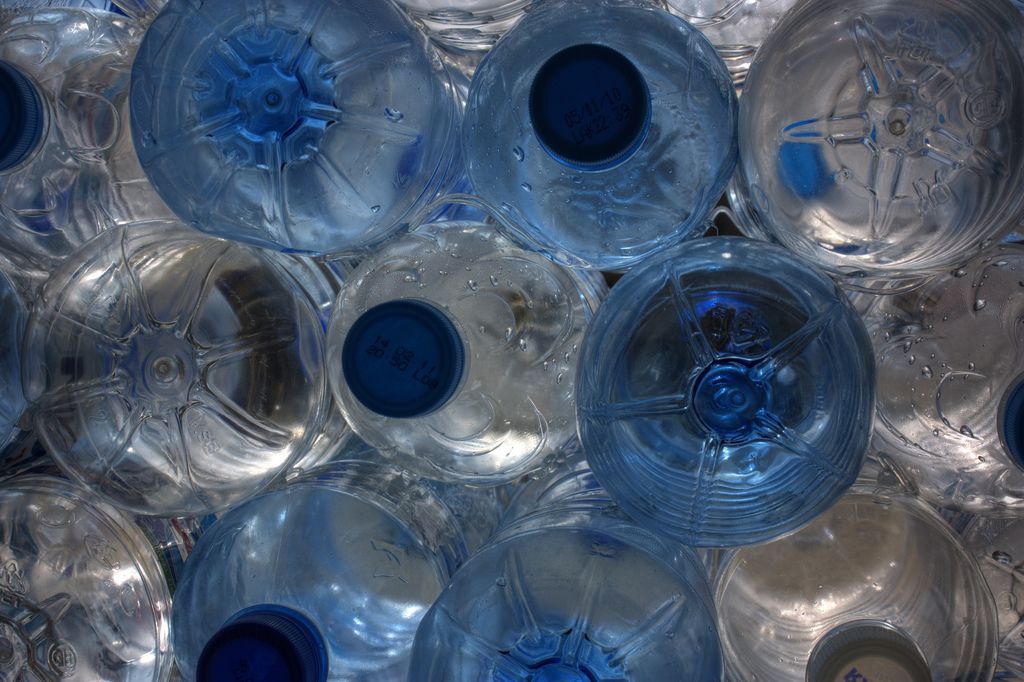Reusing the disposable plastic water bottles purchased in kiosks or supermarkets is a bad idea, according to Danish researchers.
An Aarhus University study in which water bottles were reused five days in a row showed the bottles ended up having bacteria concentrations 16 times higher than the safety limit for water coming from the waterworks.
“The bottles are made of a material similar to a standard sports bottle, but they are not designed to be cleaned,” Christel Søgaard Kirkeby, a spokesperson at the Danish Consumer Council THINK Chemicals, told Berlingske newspaper.
“A biofilm will form on the inside of the bottle, and a layer of bacteria will develop. It won’t happen right away, but it will build itself up. A sports bottle is easier to disassemble and clean.”














